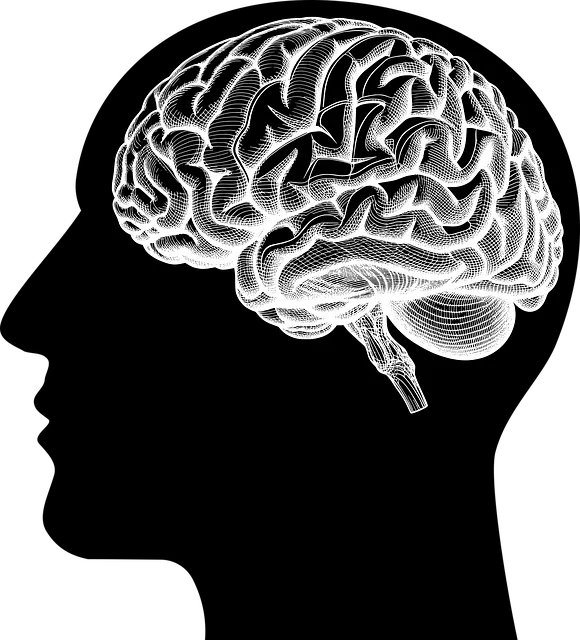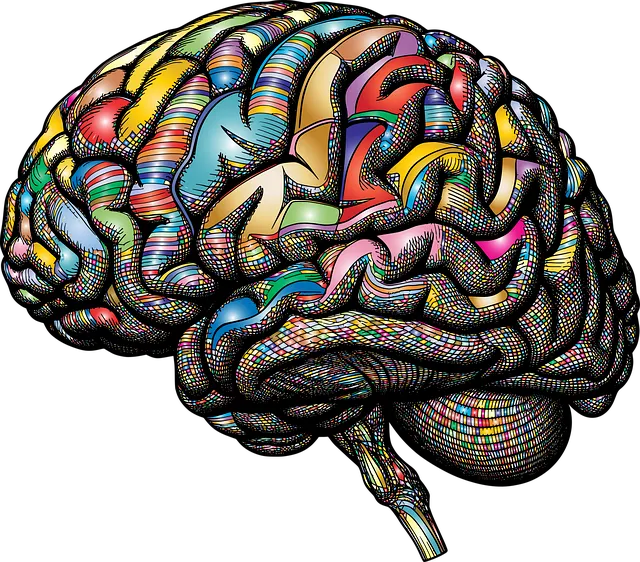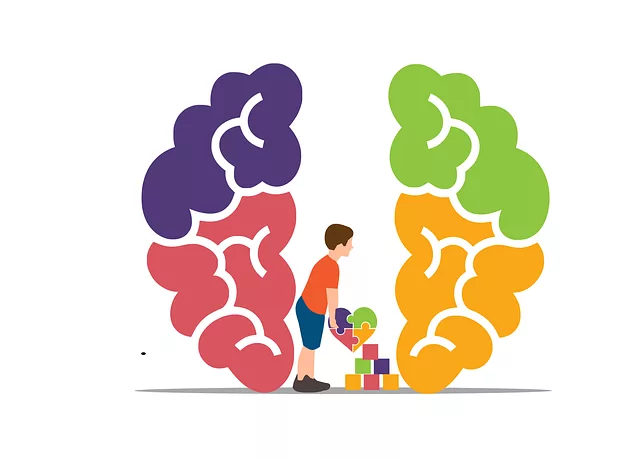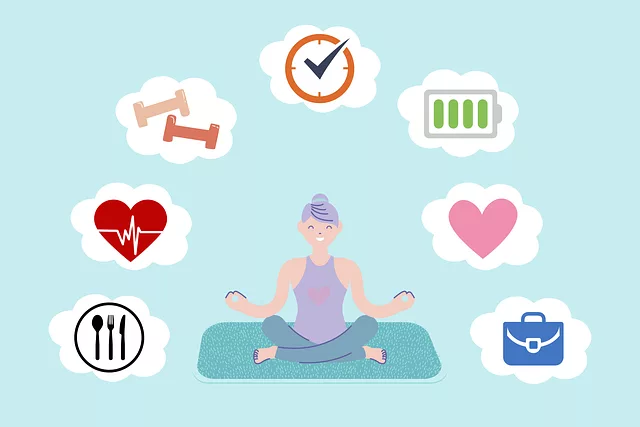In today's fast-paced world, mental wellness is crucial, leading to growing interest in coaching programs as alternatives to traditional therapy. Renowned expert Aurora Kaiser offers personalized strategies for unique challenges, addressing stress-related disorders and mental health issues through accessible support. Her classes blend educational content with interactive activities, incorporating evidence-based practices like mindfulness and cognitive behavioral therapy to empower individuals in managing stress and improving emotional well-being. Implementing these programs requires strategic planning, effective communication, empathy-building, and tailored interventions, with evaluation through feedback and questionnaires to measure success. Community partnerships enhance accessibility for a holistic approach to mental wellness coaching.
Mental wellness coaching programs are gaining prominence as essential tools for promoting holistic well-being. This article explores the development of such programs, focusing on the innovative approach of Aurora Kaiser mental health classes. We’ll delve into understanding the growing need for these initiatives, designing engaging and effective sessions, and implementing strategies to measure success. By examining these key components, we aim to highlight how tailored coaching can significantly impact individual mental health and overall community resilience.
- Understanding the Need for Mental Wellness Coaching Programs
- Designing Effective Aurora Kaiser Mental Health Classes
- Implementing and Evaluating the Success of Your Program
Understanding the Need for Mental Wellness Coaching Programs

In today’s fast-paced world, mental wellness is a cornerstone of overall well-being. The demand for accessible and effective support has led to a growing recognition of the value that coaching programs can offer. Aurora Kaiser, a renowned expert in mental health classes, emphasizes the importance of addressing the unique challenges individuals face. Her approach focuses on creating personalized strategies, particularly useful for those seeking alternative avenues beyond traditional therapy.
The need for mental wellness coaching is evident, especially considering the rise of stress-related disorders and the growing awareness of mental health issues. These programs provide a safe space for individuals to explore their emotions, develop coping skills, and gain insights into building resilience. Empathy Building Strategies, a key component in such coaches’ arsenals, enables deeper connections, fostering an environment conducive to healing. Furthermore, Trauma Support Services and Coping Skills Development are integral parts of the coaching process, empowering people to navigate life’s challenges with increased adaptability and strength.
Designing Effective Aurora Kaiser Mental Health Classes

Designing engaging and impactful Aurora Kaiser mental health classes requires a strategic approach to cater to diverse needs. The curriculum should balance educational content with interactive activities, ensuring participants actively engage in their learning journey. Incorporating evidence-based practices and techniques such as mindfulness exercises, cognitive behavioral therapy principles, and resilience-building strategies can empower individuals to manage stress, improve emotional well-being, and enhance overall mental health.
Effective sessions also emphasize practical application. Incorporate role-playing scenarios, group discussions, and reflective exercises to help healthcare providers develop coping mechanisms for burnout prevention strategies. By fostering a supportive environment, these classes not only equip participants with valuable tools for stress management but also boost confidence in handling challenging situations.
Implementing and Evaluating the Success of Your Program

Implementing an Aurora Kaiser mental health class or similar wellness coaching program involves careful planning and a structured approach. The first step is to design a curriculum that aligns with established best practices in mental wellness coaching. This includes incorporating effective communication strategies, empathy-building techniques, and evidence-based interventions tailored to the target population’s needs. A well-rounded program should also promote self-awareness, emotional regulation, and resilience through interactive workshops, group discussions, and personalized action plans.
Evaluation is a critical component of your program’s success. Regularly collect feedback from participants using validated questionnaires to assess their satisfaction and perceived benefits. Additionally, measure the program’s impact on key mental health outcomes, such as stress reduction, improved coping skills, or enhanced overall well-being. Community outreach programs can further enhance success by fostering partnerships with local organizations, schools, or workplaces to increase accessibility and promote a holistic approach to mental wellness coaching.
Mental wellness coaching programs, such as the innovative Aurora Kaiser mental health classes, are essential tools for promoting holistic well-being. By designing and implementing effective programs, we can significantly impact individuals’ lives, enabling them to navigate challenges with resilience and empowerment. The success of these initiatives lies in tailored curricula, practical strategies, and continuous evaluation, ensuring that every participant receives the support they need to thrive. Embrace the power of mental wellness coaching to create a healthier, more supportive society.






